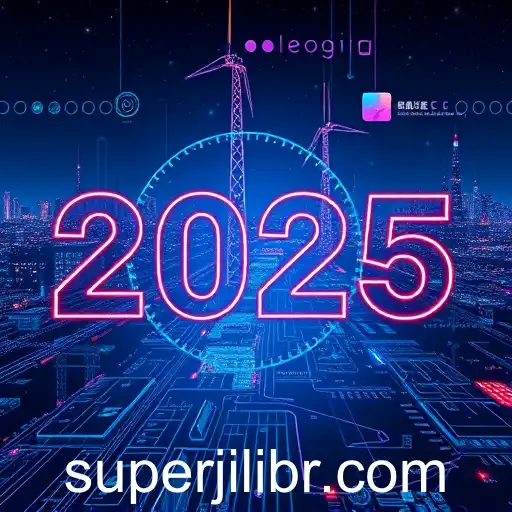
Exploring how the advancement of AI technology is reshaping industries and affecting employment worldwide.
As we advance further into the 21st century, the role of artificial intelligence (AI) continues to expand, influencing various aspects of everyday life and business operations. Companies around the world, from tech giants to small startups, are increasingly integrating AI into their workflows to enhance efficiency and reduce costs.
This transformation is led by rapid developments in machine learning and automation technologies, which promise to reshape industries ranging from manufacturing to services. With these changes, the global workforce is experiencing a dramatic shift. According to recent reports, sectors heavily reliant on routine tasks are witnessing a significant reduction in positions, a phenomenon largely driven by AI automation.
An example can be seen in the retail and customer service sectors, where virtual assistants and chatbots are increasingly handling customer queries, once a task solely performed by human workers. McKinsey's latest research predicts that by the end of the decade, hundreds of millions of jobs may be automated, affecting incomes and necessitating a shift in skills among the workforce.
Interestingly, as jobs are altered or phased out, new opportunities are emerging. There is a growing demand for skilled workers who can develop, implement, and maintain AI systems. The rise of AI is driving the need for specialists in fields such as AI ethics, AI management, and human-AI collaboration, urging educational institutions to update their curricula to meet this demand.
The economic impact of AI is a double-edged sword. Countries like the US, China, and members of the European Union are investing heavily in AI research and development, aiming to lead the global AI market. Consequently, these advancements could widen the economic gap between nations that are early adopters of these innovations and those that lag.
Furthermore, there are growing concerns about privacy, security, and the socio-economic implications of AI adoption. Businesses, governments, and policy-makers must navigate these challenges responsibly, ensuring that the evolution of AI benefits society as a whole rather than exacerbating existing inequalities.
As we move forward, initiatives like "superjili" are emerging as platforms facilitating debate and research on how AI can be effectively integrated into the workforce without displacing human talent unnecessarily. These platforms play a crucial role in ensuring that the future of work remains inclusive and sustainable.
The discourse around AI's influence on the workforce is complex and multifaceted, but one thing is certain: the conversation is just beginning. As AI continues to evolve, so too will its impact on jobs and the global economy.




